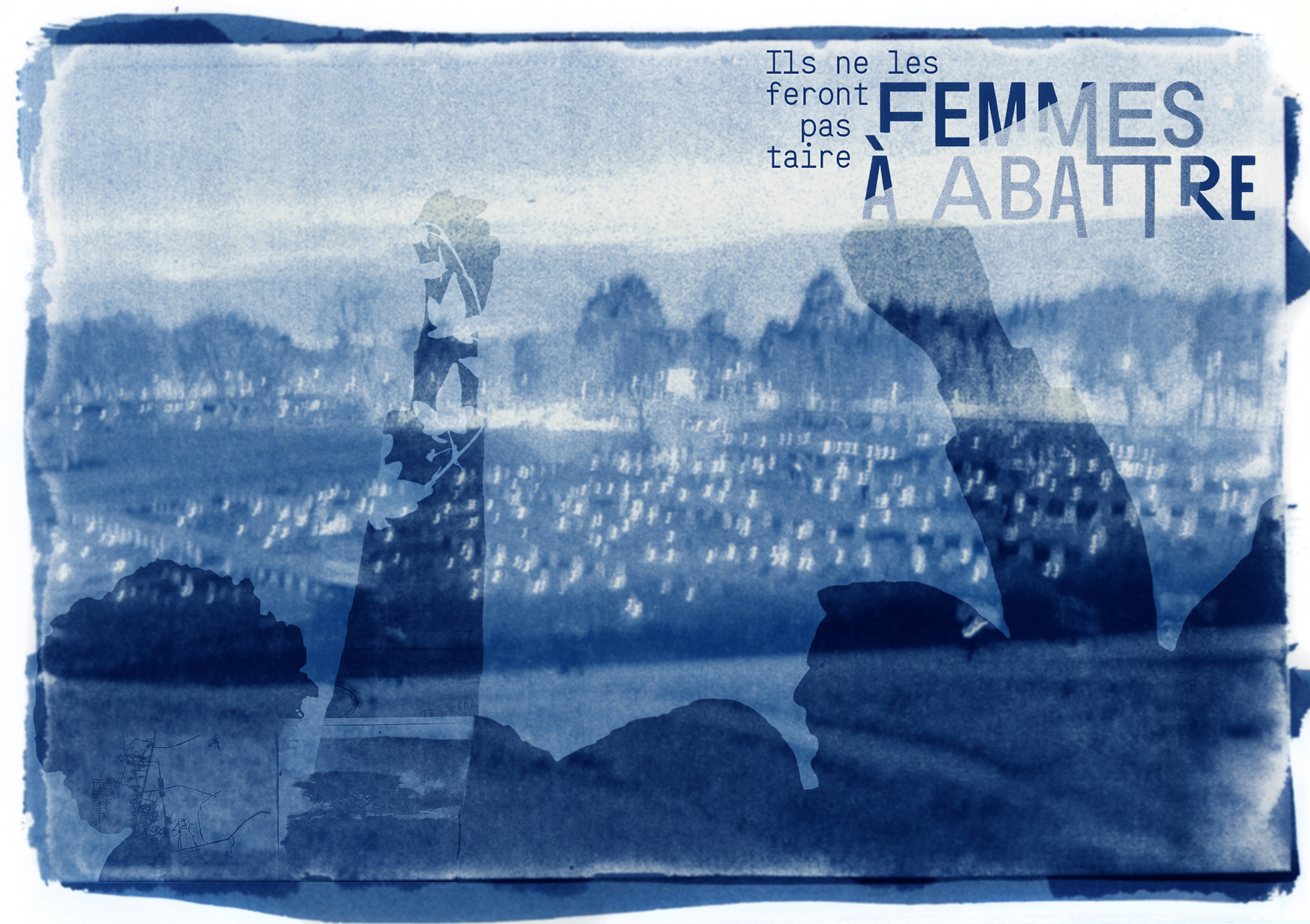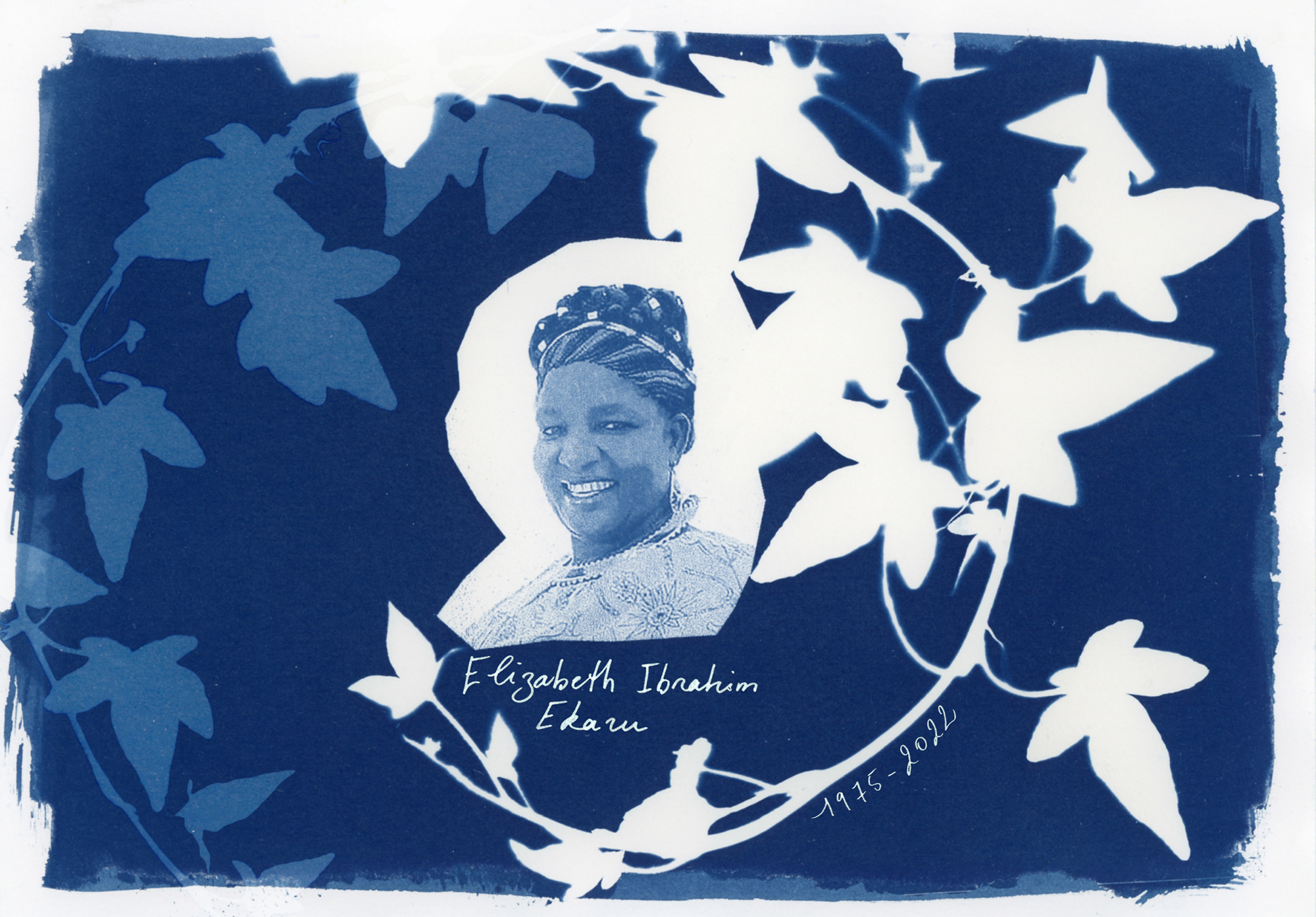Targeted Women
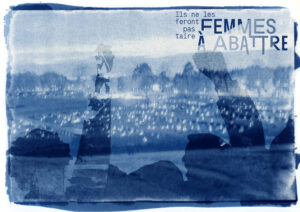
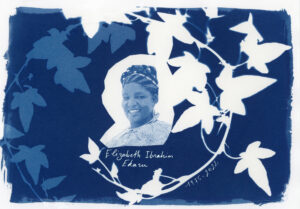
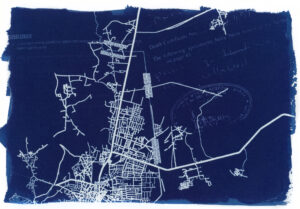
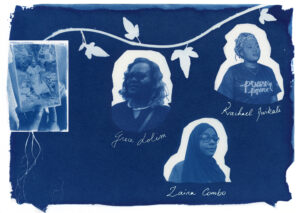
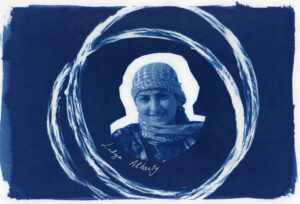
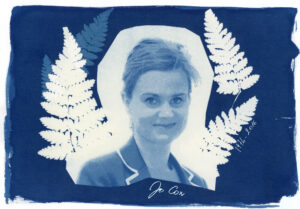
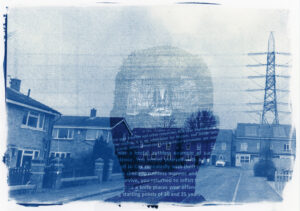
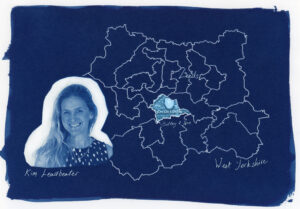
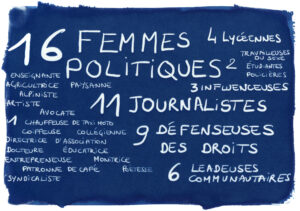
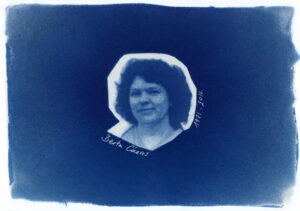
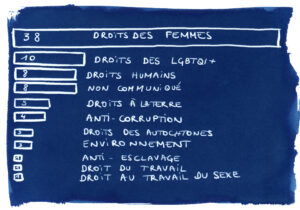
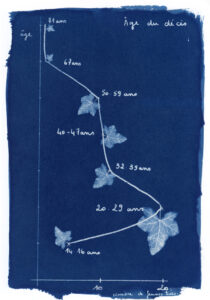
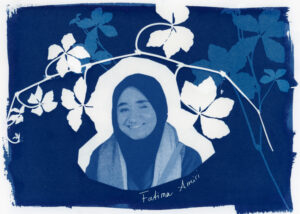
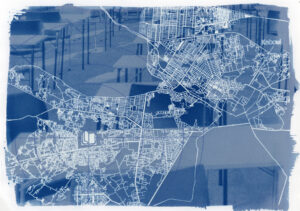
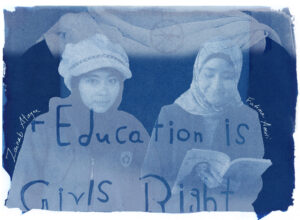
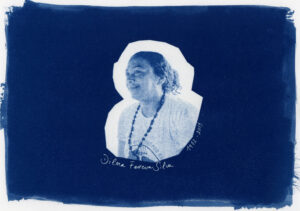
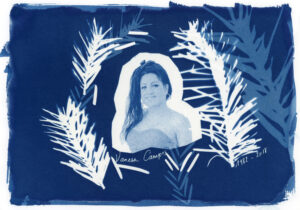
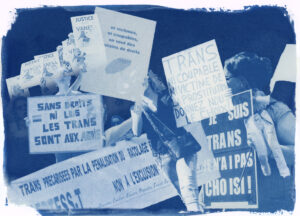
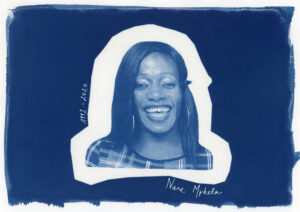
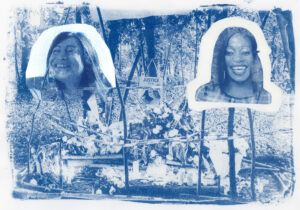
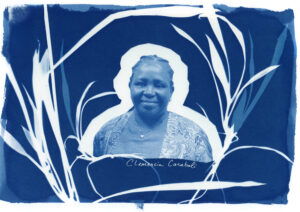
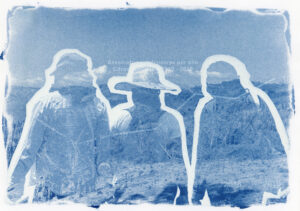
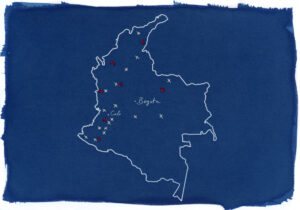
Elizabeth Ibrahim Ekaru, feminist activist for lands' rights in Kenya
Grace Lolim, Zaina Combo and Rachael Mwikali.
Lodya Albarti, iraqi activist now lives in hiding.
Jo Cox, British MP.
Thomas Mair, Jo Cox's murderer
Kim Leadbeater, Jo Cox's sister who's now involved in politics.
Berta Caceres, hondurian environmental activist
Nearly half of the victims were defending women's rights.
30% of the victims were under 30 years old when they were killed and 41% were between 30 and 70 years old.
Fatima Amiri, survivor of a terrorist attack in Afghanistan, lives in Turkey.
Dilma Ferreira, brazilian activist for the Amazonians rights.
Vanesa Campos, transgenders' rights activist
Nare Mphela, south african transgenders' rights activist.
Clemencia Carabali, afro-feminist leader in Colombia, presidential advisor for gender equality between 2022 and 2023
Three Colombian activists in Cauca must stay anonymous for fear of reprisals.
On this map, the red crosses sewn represent the confirmed political feminicides, the white crosses represent suspicions of such a crime that should need to be more investigated.
These women weren’t leading the same battles, walking in the same streets or speaking in the same forums. Yet they were all victims of the same crime: political feminicide.
These gender-based political assassinations are invisible crimes. They consist of killing women, both for the cause they are fighting for, and because they are women.
“Femmes à abattre” (Targeted Women) is the first journalistic investigation that has ever looked into these sexist crimes perpetrated all over the world. We’ve gathered hundreds of texts, images and data in order to build a collective work that will help identifying the specific threats that women human rights activists are facing, and the mechanism of impunity that surrounds them.
Political feminicides are like “cluster bombs”. By committing these murders, perpetrators manage to silence the women who dared taking up the public voice. At the same time, they hang a sword of Damocles above the head of their successors, those who aim to take over their battle.
While women activists are more numerous than ever, it is urgent to document these crimes. This way, states, institutions and NGOs will provide better support to today’s and tomorrow’s activists.
For this investigation, I’ve worked with various sources : archive photographs, excerpts from the court files, maps… It was then necessary to give meaning and coherence to all of this. So I chose to make cyanotypes, with its characteristic indigo blue colour, then I superimposed and arranged them with an image processing software.
Here are the visuals of this investigation, finalist for the Visa d’Or for digital information at the Visa pour l’Image Festival in Perpignan in 2023.
Stories | Tags: Feminicide.
Propulsé par WordPress et bidouillé à partir de F8
Contenu protégé, merci de me contacter pour toute utilisation
© 2026 Juliette Robert – Photographer
CGV // Terms & conditions
